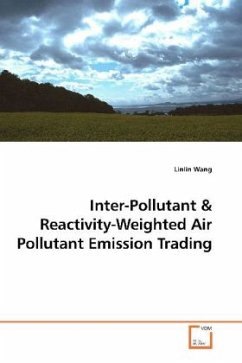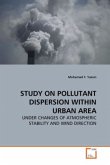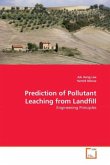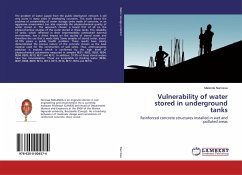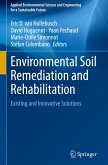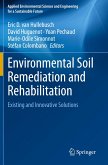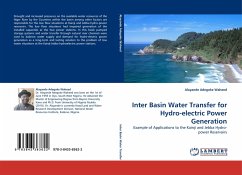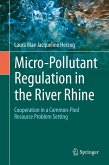Emission trading is a market-based approach designed to improve the efficiency and economic viability of emission control programs. Although air pollutant emission trading typically has been confined to trades among single pollutants, inter-pollutant trading (IPT) allows for trades among emissions of different compounds that impact the same air quality end-point. This book examines two types of IPT, NOx and VOC (ozone precursor),that lead to ozone formation, that have been or may be implemented in Houston and Austin, Texas. Interpollutant trading of various types of VOCs, especially a group of Highly Reactive VOCs (HRVOCs) was also examined, using Houston as a case study. This type of IPT was investigated because a program for trading of HRVOCs is due to be implemented in Houston in 2007. The focus of the analyses was on whether the trading program, as currently designed, could produce undesired localized high concentrations of ozone ( hot spots ). The analyses indicated that theimplementation of the trading program would be unlikely to produce ozone hot spots.
Bitte wählen Sie Ihr Anliegen aus.
Rechnungen
Retourenschein anfordern
Bestellstatus
Storno

